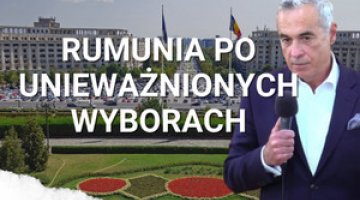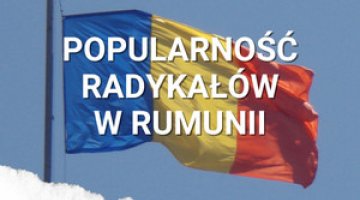Analyses
The president of Romania supports unification with Moldova
On 27 November, Romanian president, Traian Basescu, announced in a TV interview that following its accession to NATO and the European Union, Bucharest’s new major political project should be unification with Moldova. The president made this declaration before the Vilnius Eastern Partnership Summit and a few days ahead of Unification Day, which is a holiday of great significance in Romania (1 December). The president of Moldova also took part in the celebrations.
Commentary
- The widespread debate provoked by the president’s statement in Romania has made it clear that opinion-forming circles are rather sceptical about the idea of unification. However, Romanian politicians have not entirely distanced themselves from the unification slogans. Although Prime Minister Victor Ponta from the Social Democratic Party sharply criticised the president for this declaration, his criticism concerned rather the moment at which it was made rather than its content. Furthermore, Ponta himself suggested that he would vote for unification under favourable circumstances. Unification slogans are very popular among the general public in Romania (according to polls conducted in November this year by Inscop Research and IRES, levels of support are at 63% and 76%, respectively). However, their support falls significantly when questions on the financial costs are posed (according to a comprehensive survey conducted by the Soros Foundation in 2010, only 17% of Romanians wanted unification “at any cost”).
- Although unity declarations do have a certain political significance, in particular in the context of approaching European and presidential elections in 2014 (the votes of Moldovans who hold Romanian citizenship were the kingmakers in Basescu’s victory in the presidential election in 2009), they do not translate into any specific political agenda of any of the major Romanian political parties. Any major change to this effect is rather unlikely in the foreseeable future. Barriers to it would be the financial costs that would have to be incurred primarily by the Romanian public, being the richer partners, low support from the Moldovan elite and public (most of the voters who would support unification form the electorate of the Liberal Party, whose support level is below 10%), and an unfavourable international climate: there is scepticism among EU member states and strong opposition from Russia.
- The moves made by the Romanian president have placed the pro-European government coalition in Moldova in a difficult position, especially as parliamentary elections are to be held there next year. He has thus strengthened the argument of the opposition Communist Party, whose politicians have been attempting to convince the public for a long time that the European integration project is aimed at depriving it of independence and bringing it into NATO through the back door. Therefore, the key Moldovan politicians were quick to deny that Moldova’s European integration was aimed at unification with Romania. Although Russia has not responded officially to Basescu’s announcement as yet, it is likely to use it as an argument against Romanian and EU engagement in Moldova and to give a lot of publicity to the unification scenario, which would mean NATO enlargement and a threat to Russian interests.




